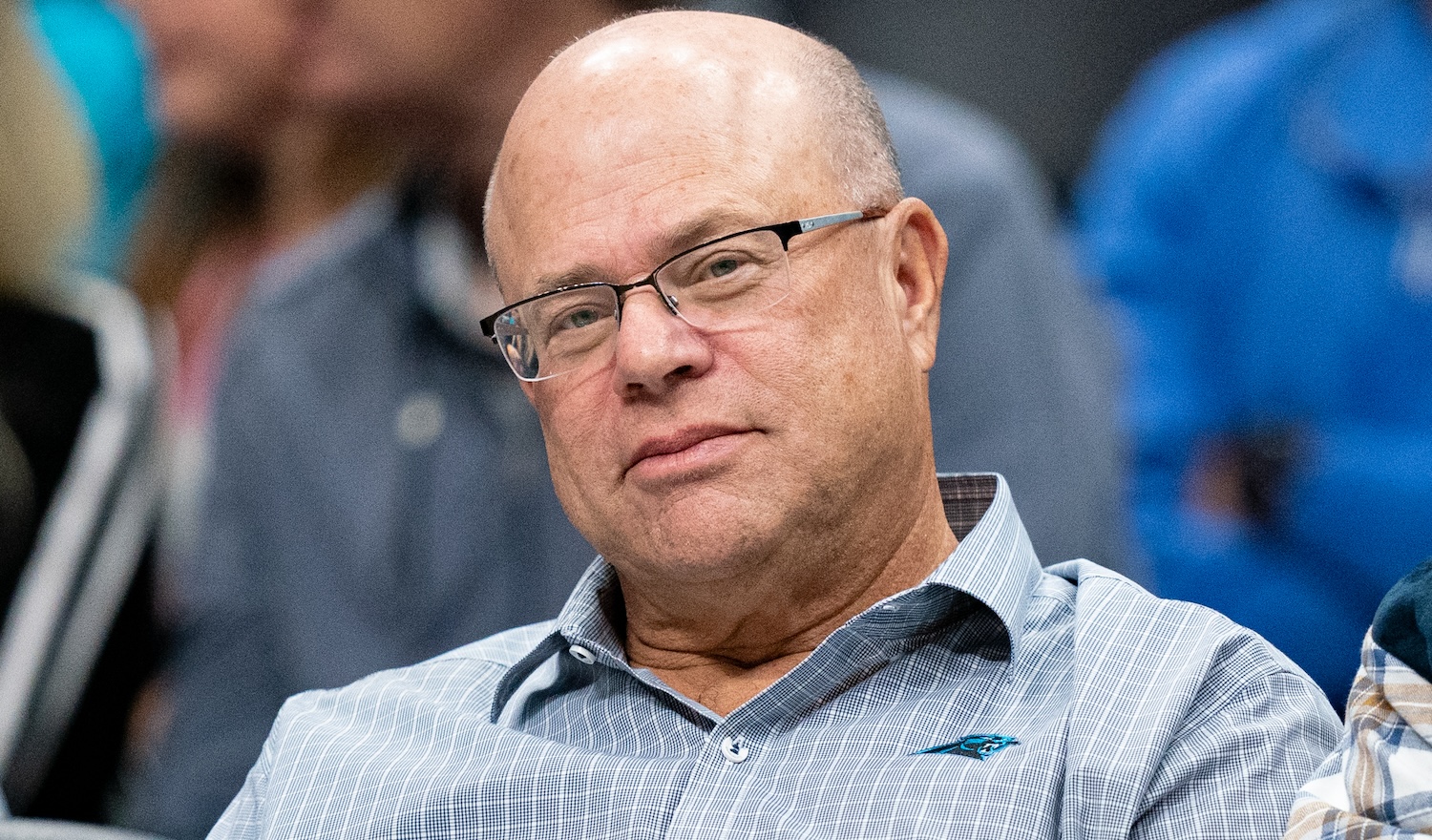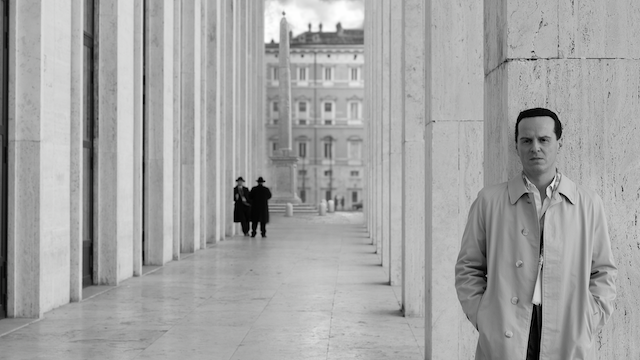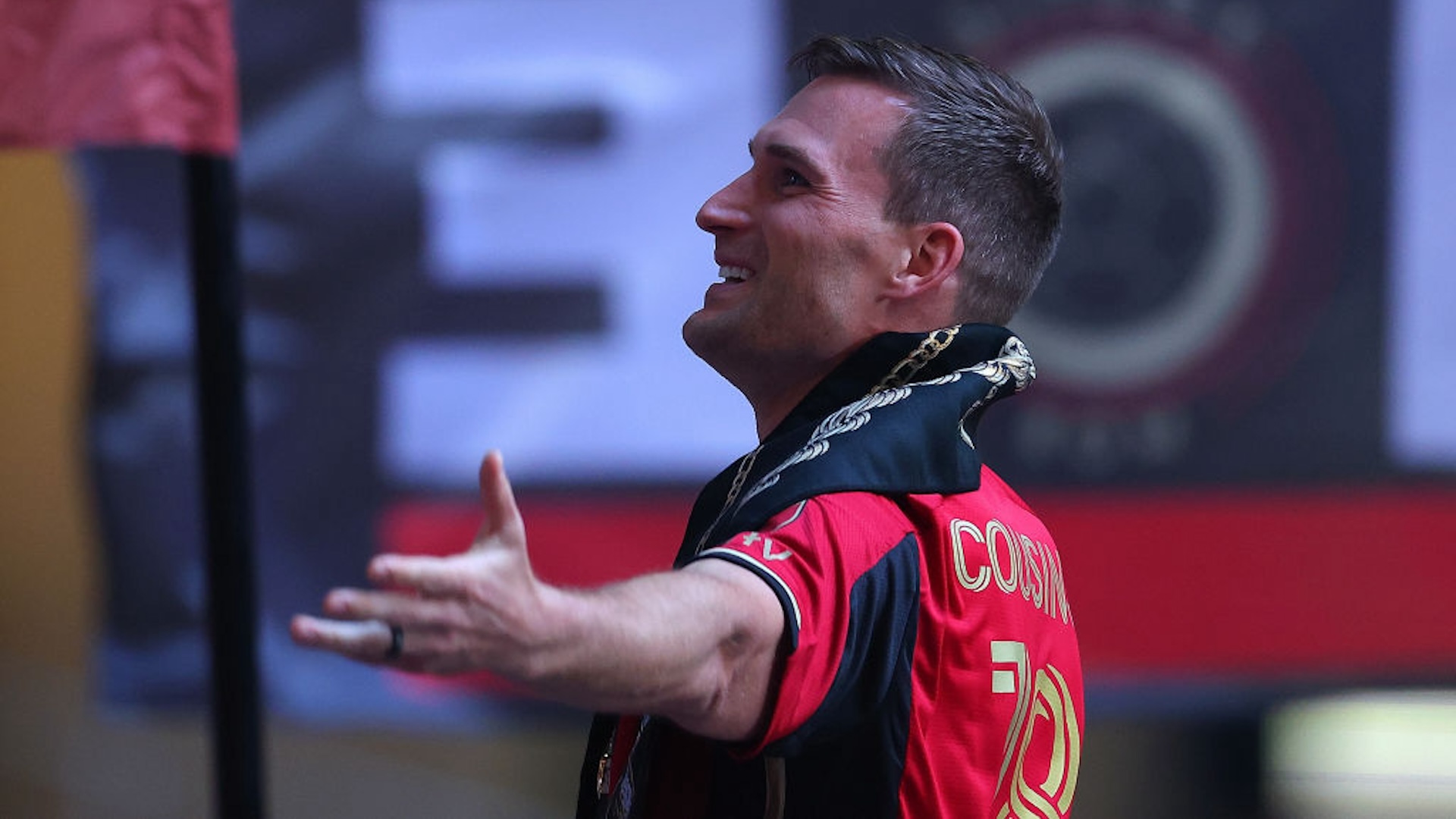‘The Way Back’ Is Right Where Ben Affleck Belongs
1:02 PM EDT on April 21, 2021

Ben Affleck probably smells like aftershave, burnt coffee, Parliaments, and the faintest whiff of body odor. It comes off him in warm, breathy waves. The Way Back (2020) made me certain of this.
I’ve thought about this movie constantly ever since it came out. Maybe because it was the last movie I saw before quarantine, or maybe because I knew I would cry while watching it as soon as I learned the premise. When the trailer dropped, I texted a link to my mom, who has had a crush on Affleck since I was little. Such was my excitement to see Ben Affleck play an alcoholic basketball coach on the shitty road to redemption.
Most people probably associate Affleck with Good Will Hunting and Armageddon, or bloated early 2000s movies like Gigli and Pearl Harbor, or directorial turns in Argo and The Town, or later career roles in Gone Girl and the post-Nolan DCU. But my attachment to him arrived through one of his worst movies, 2003’s Daredevil, which I watched over and over again as a child. It didn’t matter that the movie sucked, seeing Affleck’s face that often, so early in my life, imprinted on me an irreversible fondness for him.
Objectively, it’s sort of strange for anyone to care about Affleck as much as I do, given that he’s not hugely special in the realm of Hollywood stars, at least not so much as to inspire prolonged outrage or adulation. His good movies are weird and his bad ones are memorable. There was that uncomfortable moment when he appeared on Finding Your Roots, and Henry Louis Gates Jr. revealed Affleck had a slave-owning ancestor. A poker dealer who’s friends with my mom has a couple stories about him counting cards on The Strip and yeah, all those wild paparazzi pictures. I don’t know. Of the successful actors from his generation, plenty more have reached higher and fallen further.
But every time I think about Affleck, I also think about the men in my life, and whether—because of what the uncharitable might deem unfortunate circumstances or the “way of the world”—I recognize ones like Affleck more than most. A guy who wants to downplay the power he has with good intentions, who wants to rise above all that annoying early-days buffoonery and establish himself as the skilled person he used to be recognized as. Who takes his Dunkin Donuts iced coffee sickeningly sweet, like a chum. Who tries to soften his masculinity but doesn’t shy away from it, who’s game to the point where he forgets, or deludes himself into forgetting, that his choices have consequences, and that people aren’t exactly lighting a candle for him. I know the type, and that’s enough to keep my attention drawn in his direction, even if I’m not exactly rooting for him at all times.
The Way Back starts with Affleck’s character, Jack Cunningham, drinking on the job. He used to be a rising basketball star. Now he’s an ironworker and an alcoholic separated from his wife, with whom he had a now-deceased son. You can feel Affleck’s body throughout the movie, how heavy it is with exhaustion and grief. When he stands in the worksite elevator, sunglasses over his eyes, head tilted slightly, shoulders slumped, it all feels genuine. The Way Back wouldn’t work the way it does without Affleck’s understanding of Jack, or the audience’s awareness of Affleck’s own alcoholism.
Which, at first, makes The Way Back feel like a trap, a calculated manipulation. Washed-up actors campaigning for relevance through confessional performances aren’t exactly novel. The splashy, condescending New York Times profile of Affleck that ran in conjunction with the film’s release doesn’t do anyone any favors; much of it reads like a glorified press release. But you choose your battles, and you choose your white boys.
I don’t think I need to explain this movie in too much detail. Broadly, you know what happens even if you haven’t seen the trailer. Jack gets offered the chance to coach for Bishop Hayes High School, where he made his name as a player. The team is terrible. He doesn’t have faith in them. As things go on, he starts to take the job seriously. He cleans up. He reconnects with his wife. He gets to become a new kind of father to the team.
This very common narrative has always struck me as sad, the same way many uncontested modes of masculinity do. Jack joins a long line of onscreen coaches who seem to have almost nothing else to live for. But you’re given at least some modicum of control. When you assume the role of coach, you’re also becoming a moral arbiter for everything that happens on the court, something Jack struggles to grasp at first. He openly curses during games, embarrasses the team by prolonging arguments with the refs, favors brute force over smart plays. Initially, his abrasive behavior clashes with the strictures of the Catholic school’s code of conduct, wonderfully embodied by Jeremy Radin’s performance as the team’s chaplain, Fr. Mark Wheelan. Then the magic starts.
There was a moment during The Way Back where the absurdity of sports completely bowled me over. I hope this happens for even the most ardent fans once in a while. When I played basketball, there was never any glory, but maybe that’s because I didn’t believe there to be any. All this throwing and running and yelling and crying, and you’re telling me people can feel the presence of some higher power? Through teamwork and exaggerated civic pride? Then again, sports are no more absurd than, say, sitting in a dark room with a bunch of strangers and allowing yourself to be moved by the performance of an actor you’ve been weirdly attached to since childhood. It may be as simple as people wanting someone to root for, wanting to see people do what you can’t. I wish I had had such a telling distance from the game back when I played it, and a coach like Jack to tell me to stop taking it all so seriously.
Though the narrative formula of The Way Back is familiar in movie terms, where it ultimately ends up isn’t. Basketball can’t break an addiction, no matter how many games are won, no matter how tight the team is, no matter how sweeping the score. Love of a game can put things into focus, but the next push towards sobriety is a wall taller than your resolve.
Jack’s diligent leadership gets Bishop Hayes to the championships. But the resurgence of his friendship with his wife brings with it overwhelming reminders of their deceased son. The drinking returns, Jack gets booted as coach, and the bender that follows is the lowest we see him fall. Then comes the change. Counseling. Rehab. The Bishop Hayes team carry on without Jack, but play the game for him. Jack picks up a ball a couple times during The Way Back, but we never see him do much more than hold or dribble it. In the final scene, as radio commentators begin their coverage of the game, the camera pulls away and we watch Jack shoot hoops on an empty outdoor court, the ocean resplendent behind him. It’s an indulgent scene, and one that’s easy to knock. Of course Ben Affleck can’t let this movie end without showing us that he has a nice jumper.
But when the lights came up in the theater, there was a disappointed murmur bouncing through the audience. No final game? No climactic push to victory? Maybe too Hollywood, even for Ben Affleck. He had, in the end, managed to deliver a performance in service of a story larger than his vanity, one that ultimately reached beyond any manipulative meta-narratives or sports-movie expectations. Jack enjoys a glimpse of usefulness, a tiny sliver of a different life, but he’s left with no small amount of work to do.
If you liked this blog, please share it! Your referrals help Defector reach new readers, and those new readers always get a few free blogs before encountering our paywall.
Read More:
Stay in touch
Sign up for our free newsletter




